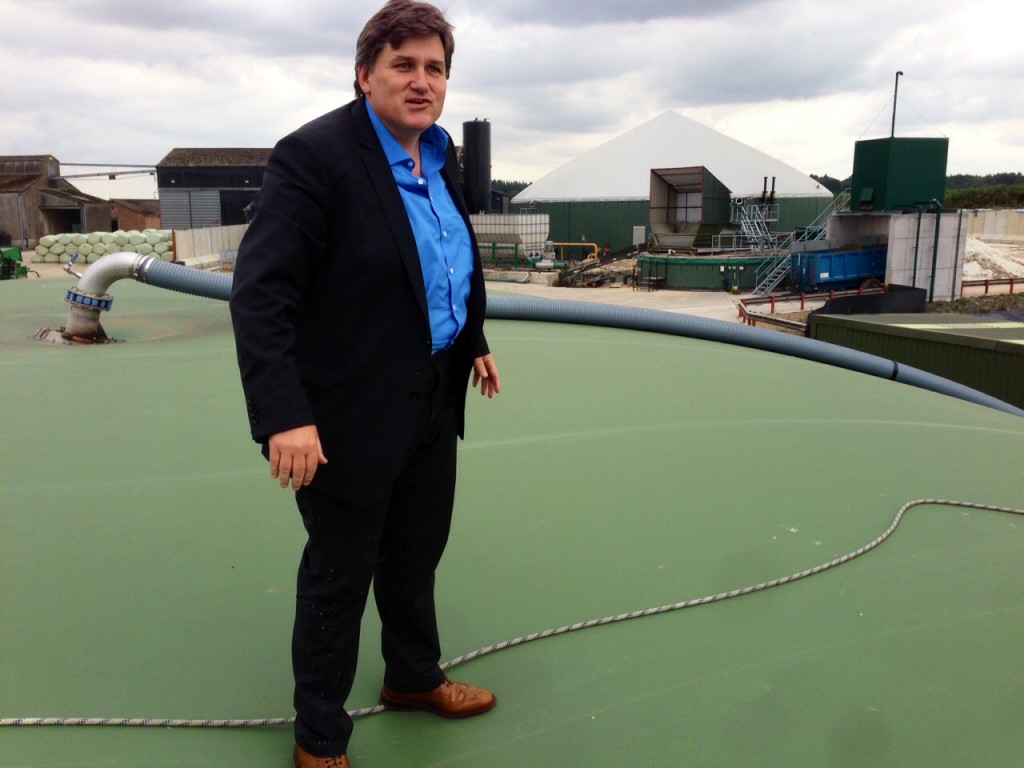As the kids and I sat inside and glumly stared at the rain on August bank holiday I turned my mind to a challenge laid down by the editor of the Advertiser two weeks ago. In a thoughtful column, Steve Dancey asked what the position of all the candidates in the general election next year is on alternative energy and fracking in North West Hampshire. He posed the question in the context of a huge solar farm near Houghton having been turned down for planning permission by the council, and the balance that had to be struck between preserving the countryside, generating the energy we need and doing our bit for climate change.
Since I am currently the only candidate who will appear on your ballot paper next May (I’m sure the others will show up at some point) I should give you my thoughts.
I think burning things is a bit old fashioned, and that includes oil. Setting fire to things to generate energy seems prehistoric in these times of scientific discovery. There are surely cleverer ways to make energy and we must look to science for our future power needs, not deeper and deeper underground.
By the same token, we sometimes mistake re-engineered ancient inventions as modern. Take wind power for instance: creating a more efficient windmill seems to me like trying to breed a faster horse rather than buying a car. Wind power is old technology masquerading as new, and I would oppose any wind farm proposals in the constituency, not least as they only produce small amounts of power when it’s windy which is not often the same as when we need it.
That brings me to the F word. There are some great new technologies in operation today that we should develop and exploit before we resort to fracking. I have long been a proponent of the hydrogen fuel cell for example. Producing electricity with water as its only waste product, fuel cell cars will be available in the UK from late next year and will have the same range and performance as any other car. This technology, invented in Britain, holds out the promise that one day we could power our houses with the hydrogen from the very water in our taps.
And I saw another exciting technology in action a couple of weeks ago when I visited the Apsley Estate outside Andover. There farmer Henry du Val is creating a power plant which will supply the heating needs of between 10,000 and 100,000 homes depending on the time of year. And he isn’t burning a sausage. Instead, in probably the largest bouncy castle in the country (which he made me climb), he is using natural digestion of agricultural crops like maize and wheat to produce methane, which he will then use to generate electricity or pipe into the gas network. All his waste product is spread back onto his land as fertilizer for the next energy crop. His system is incredibly efficient, creates a market for local farmers (much of whose produce is otherwise exported), and provides completely clean energy.
While there is all this new, smart clean technology available now, holding out so much promise, I am firmly against rushing to rip up all the normal protections for the countryside just because there is oil or gas underneath it. And besides, oil is too valuable to burn. They use it to make aspirin, which I am going to need plenty of if it keeps raining.

